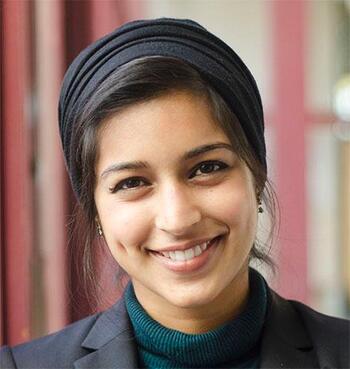Propaganda in Autocracies: Institutions, Information, and the Politics of Belief

A dictator's power is secure, the authors begin in this muscular, impressive study, only as long as citizens believe in it. When citizens suddenly believe otherwise, a dictator's power is anything but, as the Soviet Union's collapse revealed. This conviction – that power rests ultimately on citizens' beliefs – compels the world's autocrats to invest in sophisticated propaganda. This study draws on the first global data set of autocratic propaganda, encompassing nearly eight million newspaper articles from fifty-nine countries in six languages. The authors document dramatic variation in propaganda across autocracies: in coverage of the regime and its opponents, in narratives about domestic and international life, in the threats of violence issued to citizens, and in the domestic events that shape it. The book explains why Russian President Vladimir uses Donald Trump as a propaganda tool and why Chinese state propaganda is more effusive than any point since the Cultural Revolution.
ABOUT THE SPEAKERS
Erin Baggott Carter (赵雅芬) is an Assistant Professor at the Department of Political Science and International Relations at the University of Southern California and a Hoover Fellow at Stanford University's Hoover Institution. She is also a non-resident scholar at the UCSD 21st Century China Center. She has previously held fellowships at Stanford's Center on Democracy, Development and the Rule of Law and the Center for International Security and Cooperation. She received a Ph.D. in Political Science from Harvard University.
Dr. Carter's research focuses on Chinese politics and propaganda. Her first book, Propaganda in Autocracies, explores how political institutions determine propaganda strategies with an original dataset of eight million articles in six languages drawn from state-run newspapers in nearly 70 countries. She is currently working on a book on how domestic politics influence US-China relations. Her other work has appeared in the British Journal of Political Science, Journal of Conflict Resolution, Security Studies, and International Interactions. Her work has been featured by a number of media platforms, including the New York Times and the Little Red Podcast.
Brett Carter is an Assistant Professor in the Department of Political Science and International Relations at the University of Southern California and a Hoover Fellow at Stanford University's Hoover Institution. Brett received a Ph.D. in Political Science from Harvard University and has previously held fellowships at the Harvard Academy for International and Area Studies and Stanford's Center on Democracy, Development and the Rule of Law.
Brett's research focuses on politics in the world's autocracies. His first book, Propaganda in Autocracies, marshals a range of empirical evidence to probe the politics of autocratic propaganda. His second book project, Autocracy in Post-Cold War Africa, explores how Central Africa's autocrats are learning to survive despite the nominally democratic institutions they confront and the international pressure that occasionally makes outright repression costly. His other work has appeared in the Journal of Politics, British Journal of Political Science, Journal of Conflict Resolution, Security Studies, and Journal of Democracy, among others.
Virtual to Public. Only those with an active Stanford ID with access to Encina E008 in Encina Hall may attend in person.
Virtual to Public. Only those with an active Stanford ID with access to Encina E008 in Encina Hall may attend in person.




















